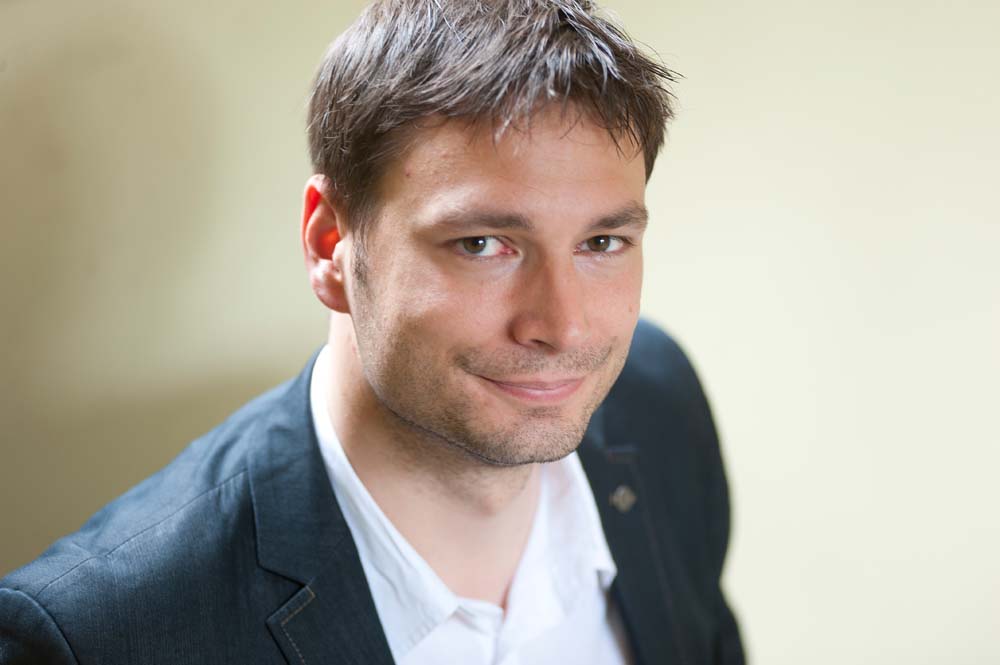Name: Sebastian Olényi
Nationality: German
Supervisor: Prof. Osseweijer (promotor), Dr.
Pierce (supervisor)
Subject: Qualitative and quantitative analysis of public opinions and criteria for sustainable bioproducts
Thesis defense: In two and a half years
“The way terms are defined and understood is critical, especially with concepts such as sustainability, where there is often no right or wrong; where a lot depends on choices. Now everybody uses the word ‘sustainability’, and more than 600 definitions co-exist. This is not necessarily a bad thing; it’s part of the attractiveness of the concept. However, if the diversity becomes too broad, the term will become too vague and eventually lose its function.
One of the key questions in my research is what does sustainability mean to consumers and industry? Because studying the meaning of sustainability in general would be too wide-ranging, I focus on food and biofuels supply chains. Agriculture is one of the biggest and most pressing sustainability issues. The question how we will feed 9 billion people is a huge challenge. However, no clear definition of sustainable food and biofuels production exists.
Labels and standards, though, can and are to some extent playing a role in unifying the approach to sustainability. Since the 1990s, they have been noticeably growing in numbers and market share. Today, some have achieved considerable importance. For example, the Marine Stewardship Council (MSC) label has definitely contributed to increase the discussion and actions for sustainable fishing. It has even gained significant power because now numerous producers have subscribed to MSC and many retailers, especially in the Netherlands, are supporting the label, too.
However the question then is: does what the labels label as sustainable products correspond to what consumers understand and want to be sold as sustainable? If there is lack of alignment between consumers’ wishes and industries’ practices, consumers might stop favoring products sold as sustainable and this would eventually discredit the concept of sustainability itself. So looking at consumers and industries’ definition of sustainability can be useful for communication, policy-making and public engagement matters.
In my PhD, through interviews, focus groups and questionnaires, as well as analysis of multi-stakeholders initiatives and labels, I try to make consumers and industries’ sustainability criteria and priorities clearer. What surprised me so far is that many different speeds in industries exist when it comes to sustainability. Some companies are very far in their sustainability thinking and practices and some are still at the very beginning. Before my PhD, I had the idea that at least all the big players in the world have a clear strategy and idea about sustainability. But actually they do not. I was also astonished to discover how predominant environmental aspects are in the perception of sustainability.”



Comments are closed.